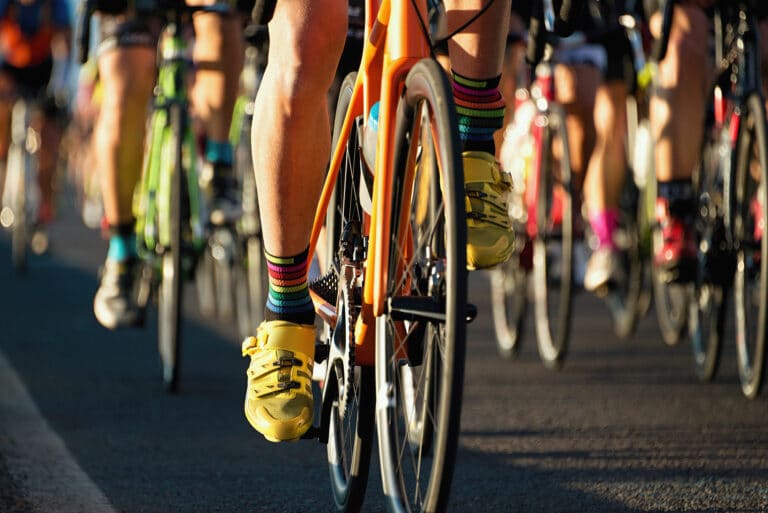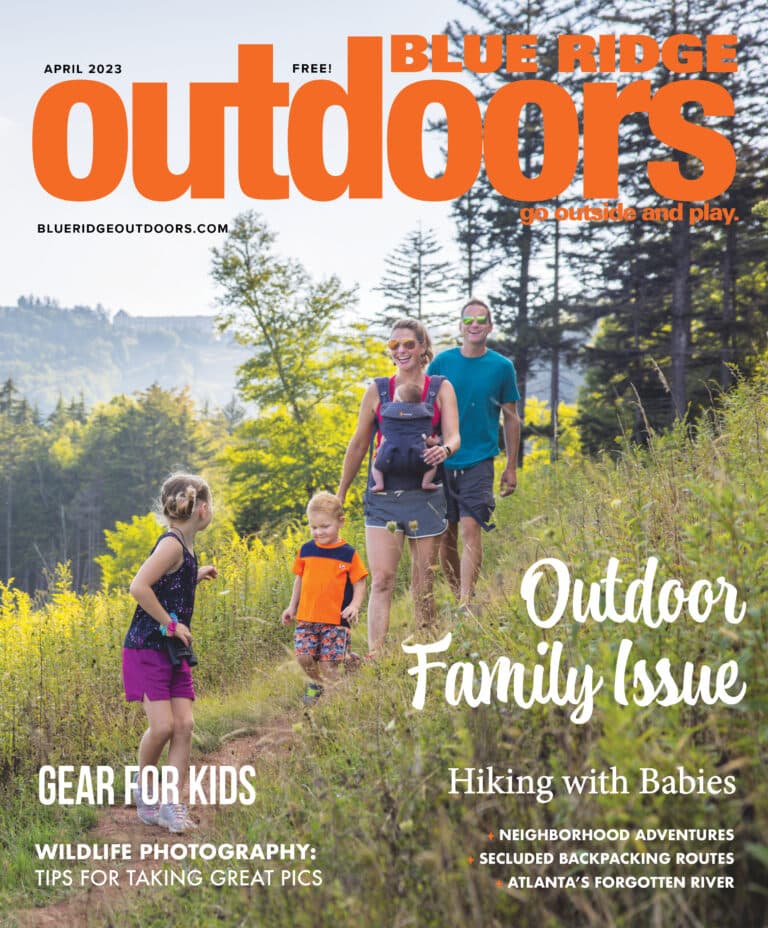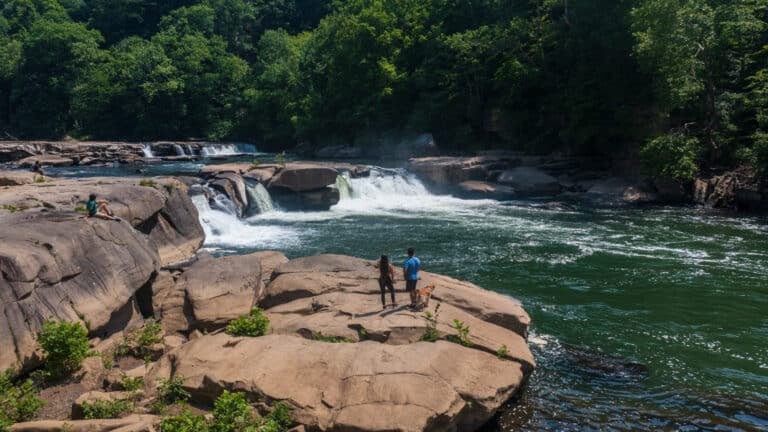Want to make the most of your training and get faster, stronger, and better in less amount of time? Learn to take it easy.
“So many athletes go by the ‘no pain no gain’ philosophy, and think that ‘more is better,’” says Namrita Odea, a professional cyclist, coach, and nutritionist who owns 55NinePerformance with her husband. “But if you ignore the essential rest and recovery periods, you’ll find yourself over-training, which will keep you from reaching your optimal performance level, possibly when you need it most.”
 Adhere to the three principles of recovery as prescribed by Odea, and you’ll bounce back from races faster and make the most of your regular workouts.
Adhere to the three principles of recovery as prescribed by Odea, and you’ll bounce back from races faster and make the most of your regular workouts.
Rest
The best thing you can do after a big race or hard run or long ride is take a day or two off. This doesn’t mean working a different muscle group, this means actually resting. “You need this break physically and mentally, particularly after a race,” Odea says. But don’t become a couch potato. “Active recovery (light spinning, swimming, or even walking) is good to get mobility back to the joints and stiff muscles.”
Eat
Nutrition is a large component of recovery, as eating the right foods will replenish your body’s depleted glycogen stores. Recovery meals aren’t as important if you only exercise sporadically, but if you’re working out for consecutive days, it’s important to get the right kinds of foods into your body. And the process starts immediately after you work out. Odea recommends a 250 to 400 calorie snack with a 5 to 1 carb to protein ratio with fluids right after your workout. Clif bars are a good example of a solid recovery snack. Chocolate milk also works well. Depending on the intensity of your effort and what you have slated for the next day, subsequent 400-calorie meals with the same carb to protein ratio will be needed every two to three hours.
Sleep
Think you’re getting stronger in the gym or on the trail? Wrong. You’re getting stronger in bed. When you sleep, key human growth hormones are secreted, stimulating protein synthesis, a process that repairs tissues within your body. You’re breaking your muscles down when you run, bike, or climb, but you rebuild those muscles when you sleep. After an intense effort, try to build one or two hours of extra sleep into your cycle. You’ll bounce back faster and wake up stronger because of it.•







